By Prof. Wanakayi K. Omoka and Rev. Dr. Patrick Devine
Since its emergence and declaration in the aftermath of the Second World War the term human rights, that is, the rights of individuals to liberty, justice etc., has caught the interest and attention of men and women in the domains of governance, religion, gender relations and interaction between majority and minority peoples in different countries and places. The Universal Declaration of Human Rights (UDHR https://www.un.org/en/universal-declaration-human-rights/) in 1948, is a milestone document in the history of human rights. The Declaration was proclaimed as a common standard of achievement for all peoples and all nations. It sets out, for the first time, fundamental human rights to be universally protected.
The core principles of human rights, according to Dorfman (2010) “hold up the vision of a free, just, and peaceful world and set minimum standards for how individuals and institutions everywhere should treat people”[1]. Human rights, because they are not legal instruments but guidelines of just human behavior, are addressed in a wide range of different ways. In some situations, they are addressed proficiently while in other places their realization falls disappointedly short. Shalom-SCCRR’s programs of intervention maximize addressing human rights.
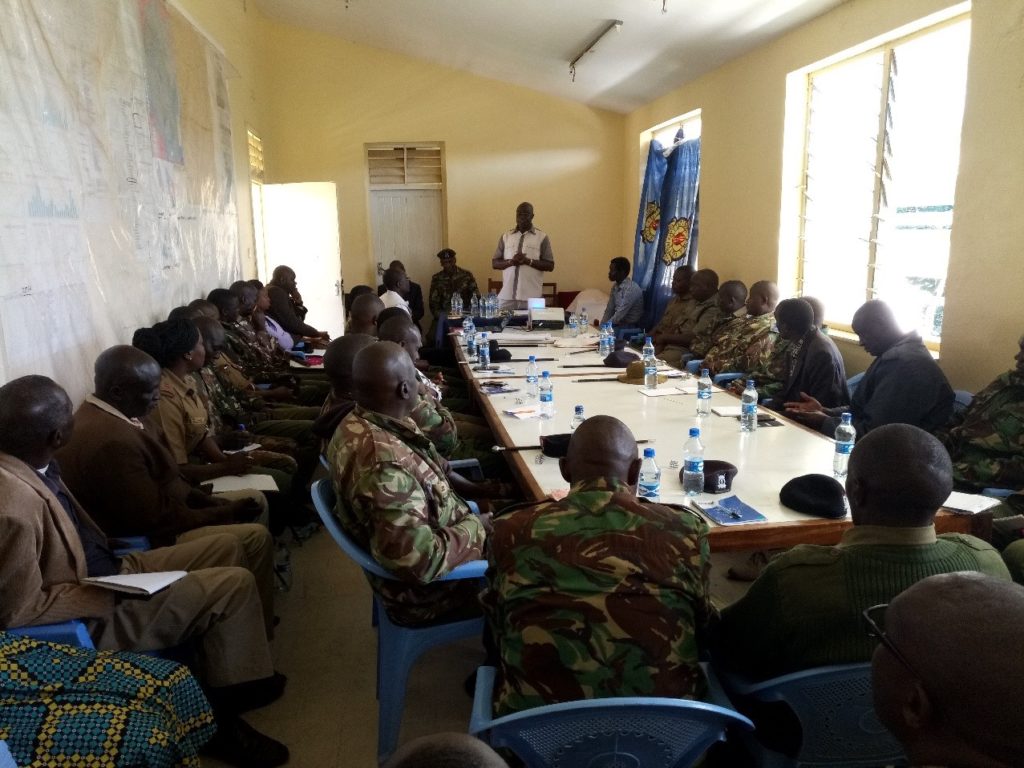
Discourses of human rights are perennial and sustained, principally, on two grounds. The first is monitoring the degree to which they are practiced in different countries or places by criterion of the difference between the ideals prescribed by the United Nations-UDHR and the reality practiced on the ground – small difference implying effective practice, as the case may be. Of course it is a utopian possibility to match what is ideal with what actually happens on the ground. Nevertheless, the differences between the ideal and the actual vary considerably across countries, or places, throughout the world or as the case may be. The second is the tendency, in time, to extend the meaning of the term human rights to encompass behavioral phenomena that are either new or hitherto excluded from what the term designates.
Shalom-SCCRR operates predominantly in the countries of the Intergovernmental Authority on Development (IGAD). The countries – eight of them – constitute a vast region of eastern Africa with a total population of about 300 million. The region is prone to manifest violent intra-state conflict, and religious ideological extremism operationalized in radicalization and terrorism. The vision of SHALOM-SCCRR is: ‘A society where peace, social justice
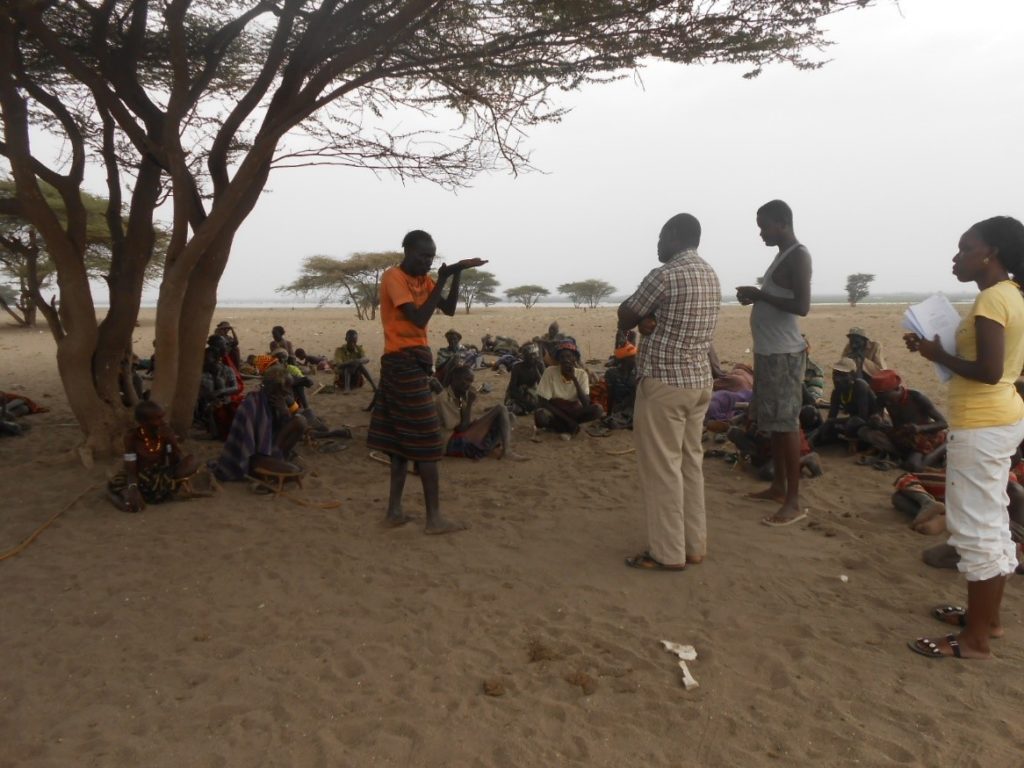
The consequences of these conflicts, operationalized as localized intercommunal/ethnic violence and marginalization, constitute the object of Shalom-SCCRR’s interventions – conflict transformation, peacebuilding and integral human development in the form of initiatives, programs and project interventions. Localized intercommunal or interethnic violence is largely a behavioral manifestation of marginalization, often appraised as structural violence. The marginalized are those whose human rights are infringed upon and violated. They are human beings in need of justice in terms of their basic human and ontological needs and opportunities to actualize their potentialities. Conflict transformation, peacebuilding and integral human development – the thrust of Shalom-SCCRR’s work – are a means of bringing about justice to the marginalized who are the victims of human rights abuse intrinsic to the operation of structural violence.
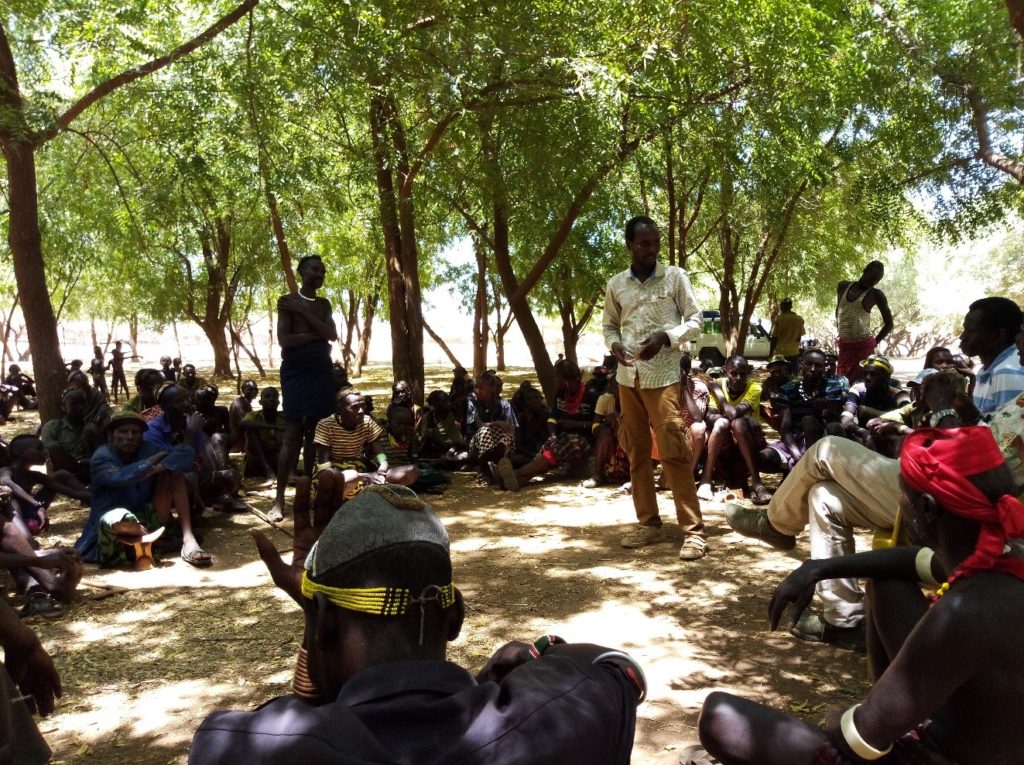
Where justice obtains human rights are by and large not violated. They are adhered to or enforced or part of the order of things. Shalom-SCCRR’S interventions are underpinned by human rights of locals who live or exist in the margins of their respective societies. The opportune theoretical frame of reference that informs Shalom-SCCRR’s contribution to human rights through its programs of interventions is social justice. This frame of reference resonates with the parameters of Shalom-SCCRR’s conflict transformation, peacebuilding and integral human development programs directed towards conflict resolution and reconciliation. Conflict resolution and reconciliation, frequently understood as positive peace, as distinct from negative peace which is only the absence of violence, are the result of transforming manifest conflict to settlement followed by peacebuilding and integral human development interventions.
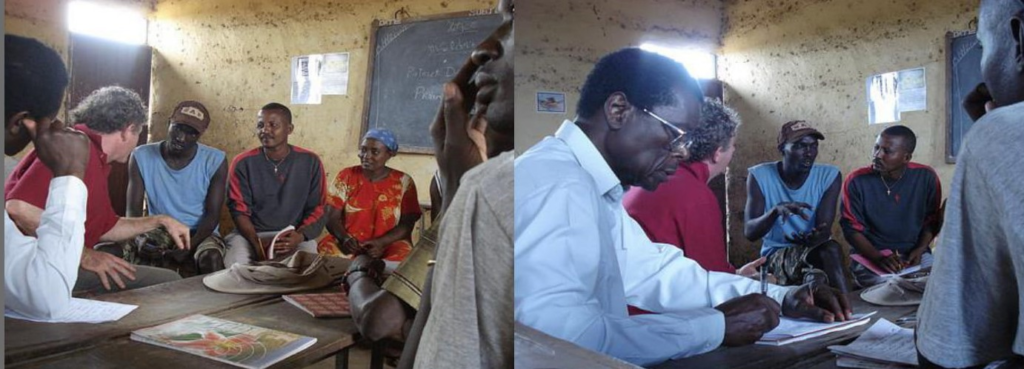
Triangle region
These interventions are umbrella terms in the sense that they refer to different but closely interrelated initiatives and activities. Their ultimate purpose is to minimize or remove, as much as possible, patterned and un-patterned causes of localized intercommunal/ethnic violence and marginalization. In doing so, they restore the human rights of those who live on the margins of their respective societies.
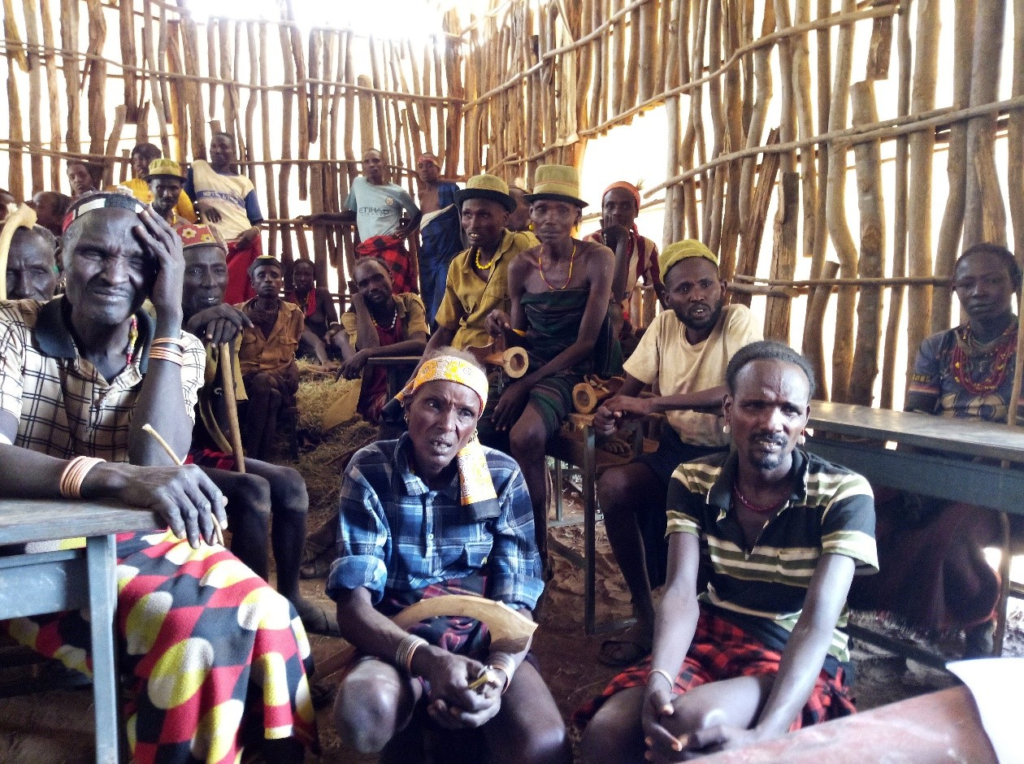
Shalom-SCCRR focusses and accents: research, manifest and structural violence, ongoing negotiation and mediation, negative peace-settlement, social transformation through intercommunal/ethnic integral human development, radicalization and extremism, and positive peace-reconciliation. Specific research rigor is applied to all the foregoing. Specificity is a requirement of the scientific way of knowing about the external world and improving its operational dynamics towards an agreed vision and sustainability. All of these dimensions are inseparable from human rights being attended to and realized. In this regard, the recognition is that the realization of human rights is the underlying and operational motivation, driver and end goal of Shalom-SCCRR’s work in the IGAD region of Africa.
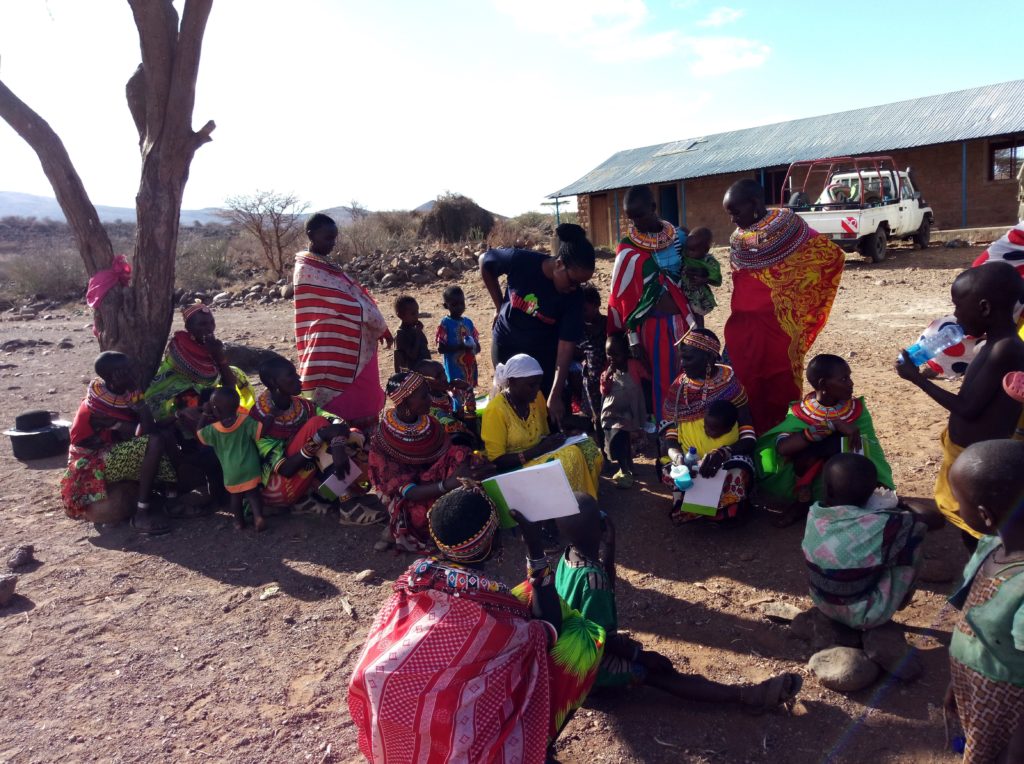
Shalom-SCCRR is an organization engaged in conflict transformation and peacebuilding aimed at creating conflict resolution and reconciliation. It is a self-evident truth that conflict transformation and peacebuilding activities are primarily and ultimately concerned with addressing issues of human rights. There is little point in talking to a person about his or her human rights if they are dead, killed or murdered! Shalom-SCCRR activities are focused on preventing the killing of human life, protecting human life, eliminating marginalization, and generating integral human development so that the articles of the UDHR, at a minimum, are adhered too.
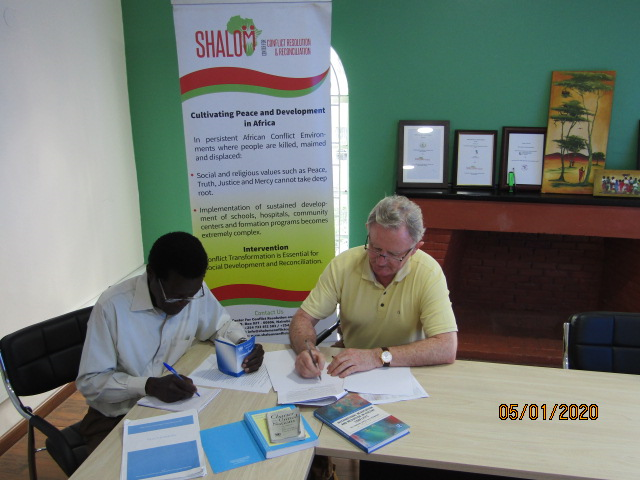
(SHALOM-SCCRR is a non-political and non-profit organisation which is inter-religious and non-sectarian, and is committed to conflict transformation in peace-building within conflict environments of Eastern Africa. The vision of SHALOM-SCCRR is: ‘A society where peace, social justice and reconciliation prevails throughout Africa’, which inspires the mission: ‘To work for a society free of physical violence and unjust social structures in Africa.’ The vision, mission and values of the Shalom Center for Conflict Resolution and Reconciliation (SCCRR) are centered on transforming the social contexts of manifest and structural violence, with their inherent violations of human rights, to situations of negative peace – stopping the killing, maiming and displacement – followed by transformation to positive peace where all sides become mutually committed to the human security, development and interdependent wellbeing of each other)
[1] Dorfman, A.,’ Speak Truth to Power; Voices from Beyond the Dark’, based on the book by Kerry Kennedy – Robert F. Kennedy Human Rights, (2010) p. 2.

